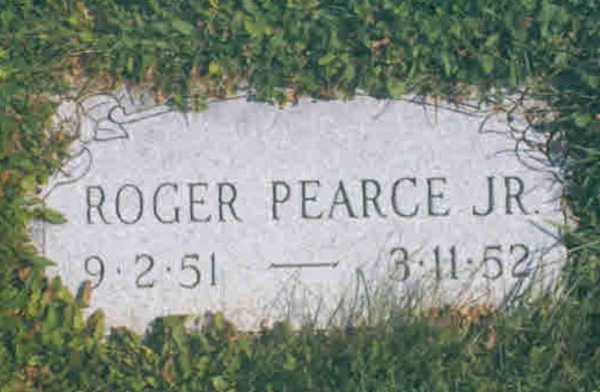Vioxx Class Action Rejected
The New Jersey Supreme Court has refused to certify a nationwide class action against the company that makes the Vioxx painkiller, rejecting the plaintiffs’ efforts to prove losses through a “fraud on the market” theory.
A superior court judge had granted class action status to the suit against Merck & Co., and an appeals court had affirmed the decision, according to the New Jersey Star-Ledger.
But the state supreme court said in an opinion (PDF) released today that a class action was not appropriate because common fact questions did not predominate and a class action was not a superior way to resolve the dispute.
The plaintiff, a union trust fund that sponsors health benefits, sought to sue Merck & Co. on behalf of health plans that paid for Vioxx before it was withdrawn from the market. The plaintiff contended Merck hid or minimized risks of the drug, found to increase the risk of heart attacks and strokes.
The court said fact questions would be too varied for a class action, since each health plan would have made individualized decisions about Vioxx prescriptions and suffered varying losses.
The plaintiffs had suggested losses could be proved by the analysis of experts who would determine how Merck’s alleged fraudulent marketing scheme affected drug pricing. But the court said the plaintiffs were advocating a “fraud on the market” theory that had been rejected in every context except for federal securities litigation.
The court also said other health plans had the wherewithal to bring their own suits, so a class action was not a superior method to resolve the claims.
“Plaintiff and the other third-party payors are well-organized institutional entities with considerable resources,” the court said in the per curiam opinion. “We see no disparity in bargaining power and no likelihood that the claims are individually so small that they will not be pursued. In short, we find no ground on which to conclude that this proposed nationwide class meets the test for superiority that we have traditionally required.”



